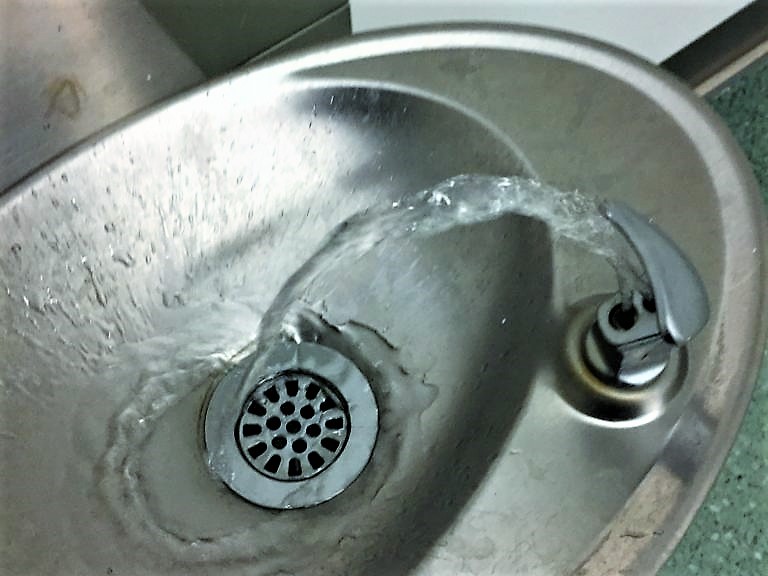
On October 5, Gov. Kathy Hochul signed a new law S.8763A / A.9824 that gives public water suppliers the ability to seek legal action against polluters for legal claims that were previously barred due to a three-year statute of limitations.
The legislation, sponsored by Sen. James Gaughran, D-Northport, and Assemblyman Fred Thiele, D-Sag Harbor, is meant to allow municipalities and public water suppliers with contaminated water the ability to recoup all necessary filtration and treatment costs associated with emerging contaminants — pollutants detected in bodies of water that are not yet regulated under current environmental laws. These could include PFAs, medicines, personal care and household cleaning products, and lawn care and agricultural products.
According to the Environmental Protection Agency, a public water supplier is a public water system that provides water for human consumption. This can be either through pipes, valves, and wells among other methods. To qualify, the supply of water must be delivered to a minimum of 25 people for at least 60 days a year. New York state provides a list of all public water suppliers via their state website.
The new law gives public water suppliers, water districts and municipal governments up to a year and a half from the bill’s signing — October 5, 2022 — to file legal claims against polluters.
“Every New Yorker deserves access to clean, safe and affordable drinking water,” Hochul said. “By signing this legislation, which gives local water suppliers another avenue to take action against polluters and recover the costs of treatment or filtration, we are making sure that we not only hold these companies accountable but also prioritize the health and wellbeing of New Yorkers.”

The Gaughran-Thiele bill comes as a new Drinking Water Quality Council was established in May 2022 to provide recommendations to the New York State Department of Health on emerging contaminants in drinking water. The DOH will then create new regulations for addressing these contaminants,
Gaughran and Thiele’s bill memo states that “these new drinking water regulations have, and will continue to result in, new and significant costs for public water suppliers, their customers, and the state.
The legislation defines an “emerging contaminant” as any physical, chemical, microbiological or radiological substance that is identified in public health law and other laws.
“The signing of this bill will help ensure that the polluters, not ratepayers, are paying for the costs to remove their pollution from our water,” said Patrick Halpin, chair of the Suffolk County Water Authority Board.









